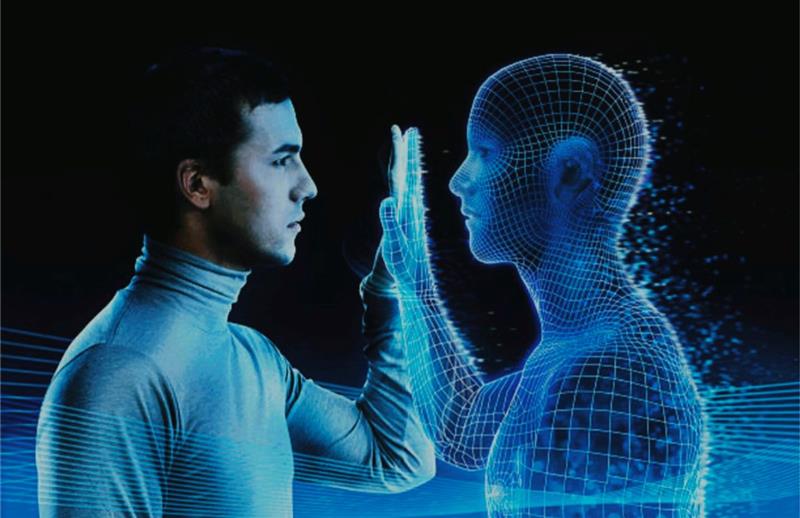
On November 2, at the AfroTech Conference in Houston, Microsoft’s AI chief Mustafa Suleyman said despite how AI getting smarter, it can never be conscious compared to humans that are only capable of real awareness or emotion.
Suleyman, who leads Microsoft AI, used his talk to caution developers and researchers against confusing intelligence with consciousness. He emphasized that while machines are fast becoming powerful tools, they are not capable of true feelings or self-awareness.
His comments come as major tech firms rush toward building more human-like systems and emotionally engaging chatbots.
AI Can’t Feel What We Feel
Suleyman thinks that no matter how AI is getting smarter, consciousness will always be a human trait.
“I don’t think that is work that people should be doing,” he told CNBC. “If you ask the wrong question, you end up with the wrong answer. I think it’s totally the wrong question.”
He strongly disagrees with Conscious AI, citing that it leads to research in the wrong direction.
“Our physical experience of pain is something that makes us very sad and feel terrible, but the AI doesn’t feel sad when it experiences ‘pain,’” Suleyman said.
Suleyman then referred to the theory of “biological naturalism” by philosopher John Searle, which underlines the difference between AI and consciousness. He explained that true consciousness depends upon biological processes that happen in living things.
While some researchers continue to answer: does AI have consciousness and emotions? For Suleyman, the answer is already clear: AI cannot feel pain or joy. It just will simulate those reactions based on data and algorithms, not on feelings or awareness.
AI Built to Serve, Not to Feel
Suleyman said that AI consciousness vs human consciousness is not fair; after all, machines cannot think or feel like human beings. To him, AI should just be a technology designed to help and not mimic humanity.
He said the vision of Microsoft centers around building Smart AI systems to assist users efficiently and never pretend to have feelings.
When asked is AI smarter than humans, Suleyman argued that intelligence and consciousness are not the same thing. Machines can analyze faster, but they lack awareness.
“They’re not conscious,” he said. “So it would be absurd to pursue research that investigates that question, because they’re not and they can’t be.”
While AI is smarter than humans in specific tasks like data processing, Suleyman believes emotion and morality will always belong to people. That’s why Microsoft avoids developing AI products meant to simulate romantic or emotional attachment.
He added that the work being done on AI Consciousness at the company focuses only on building systems that understand their function as tools, not beings. For example, the new Copilot “real talk” feature is supposed to challenge users’ ideas while being aware of its artificial nature.
Meanwhile, the rise of AI companion services from other tech firms shows how fast technology is crossing into personal spaces. However, Suleyman insists that Microsoft’s approach will remain firmly rooted in ethics and responsibility.
Meanwhile, the debate over AI getting smarter affects the future of technology, but one message that Suleyman reinforces is very straightforward: machines are not alive; they reflect but what we teach them.
If AI is able to mimic emotion well enough to influence human behavior, does it even matter whether it “feels,” or are we redefining consciousness through interaction rather than biology?
Inside Telecom provides you with an extensive list of content covering all aspects of the tech industry. Keep an eye on our Intelligent Tech sections to stay informed and up-to-date with our daily articles.